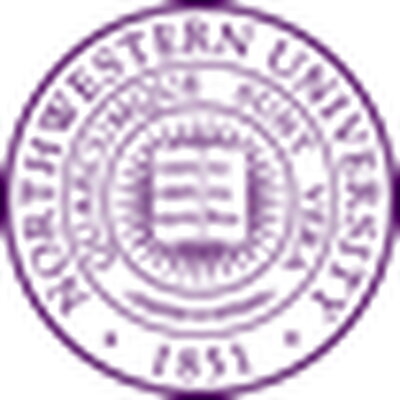


In September of 2014, under the leadership of Dr. Merle Bowen, the newly established Illinois-Northwestern African Studies consortium was awarded nearly one million dollars in funds as part of the Title VI National Resource Center (NRC) program. The four year grant from the U.S. Department of Education provides the Center for African Studies (CAS) and Program in African Studies (PAS) funding for a diverse portfolio of synergetic programs designed to promote new understandings of Africa as an emerging global entity across the K-16 educational spectrum.
The consortium’s primary objective is to integrate African Studies and languages into disciplines traditionally less touched by area studies, with a four year focus on K-12 teacher education and the social and biological sciences. Programmatic themes of “Global Health,” “A Changing African in a Changing World,” and “New Pedagogies for a Global Africa” guide projects conceived by faculty in programs as diverse as Applied Health and Curriculum and Instruction. A series of core thematic symposia intended to spark development of innovative courses that incorporate new pedagogies on Africa’s growing involvement in the global marketplace, Islamic influence, cultural diaspora, peace and security, and public health, anchor an innovative array of academic and outreach programs. Projects of excellence, such as a SAWBO summer camp for high school students, an African visiting scholar program, and the development of new concentrations on Africa-Brazil, fulfill a mission to institutionalize new perspectives on African Studies.
In concert with a $1.1 million dollar FLAS (Foreign Language and Area Studies) award, substantial NRC funding is allocated to strengthen and expand African LCTL (less commonly taught languages) instruction as well, adding support for advanced levels of Arabic, Swahili, Wolof, and Zulu. Collaborations with minority serving institutions, including Malcolm X Community College in Chicago, Parkland, and Northeastern University, marshal the extraordinary resources and faculty expertise of two of the oldest and singularly dynamic Centers for African study in the nation to bring underserved populations opportunities to connect with African cultural heritage. The new consortium is poised to chart a new path in education, exchange, and engagement and acknowledges the challenges and achievements of the changing global continent.